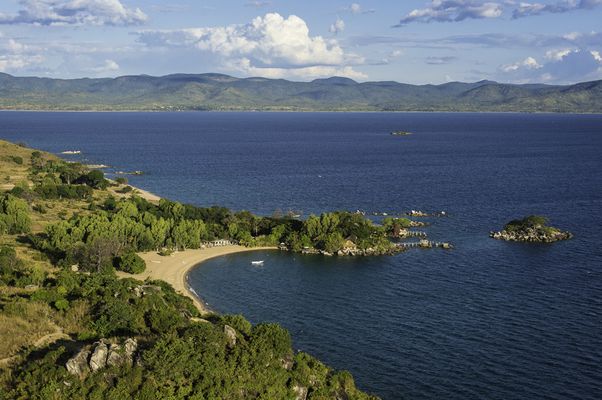 Fairtrade Fortnight has just come to the end for 2014 but once again it has been very successful in raising awareness for Fairtrade across the world. It has also has a great deal of success in pushing its current campaign to improve wages and prices for banana producers across the globe. Did you know that the humble banana is the most popular purchase in supermarkets? The good news is that one in three of those purchased are now Fairtrade.
Fairtrade Fortnight has just come to the end for 2014 but once again it has been very successful in raising awareness for Fairtrade across the world. It has also has a great deal of success in pushing its current campaign to improve wages and prices for banana producers across the globe. Did you know that the humble banana is the most popular purchase in supermarkets? The good news is that one in three of those purchased are now Fairtrade.
Fairtrade is about better prices, decent working conditions, local sustainability, and fair terms of trade for farmers and workers in the developing world. In their own words: “Our vision is of a world in which justice and sustainable development are at the heart of trade structures and practices so that everyone, through their work, can maintain a decent and dignified livelihood and develop their full potential.”
Fairtrade covers almost everything; from clothing and jewellery to food production although the majority, 75%, are smallholders and farmers. There are schools, universities and even whole towns here in the UK that are classed as Fairtrade having taken a pledge to use only Fairtrade products where they are available. In the UK, sales of Fairtrade products in 2012 reached £1.5 billion – an 18 per cent increase on the previous year
The Fairtrade system currently works with 1.3 million people – farmers and workers – across more than 70 developing countries. In 2012, farmers and workers from some of the world’s poorest countries received €80 million in Fairtrade Premium to invest in business, social and environmental projects in their communities and there are now 1,149 Fairtrade producer organisations worldwide producing Fairtrade cotton, gold, fruit, sugar, cocoa, coffee, tea, flowers, spices, vegetables and pulses amongst other things.
Across Africa the Fairtrade organisation is hard at work supporting small scale farmers such as those is Malawi. A lot of produce we consume on a daily basis comes from Africa and includes tea, coffee, sugar cane, flowers, beans, nuts and spices. Malawi is a good example of what is happening elsewhere in Africa; smallholder farmers lack the necessary resources, the technical know-how and capacity to improve production. They also lack access to markets, reducing their potential income and leaving them unable to better their standard of living and putting at risk their household food security, their children’s education, or their access to basic healthcare and social services. Fairtrade aims to address some of these challenges by opening avenues to markets for what smallholders grow, building direct farmer- consumer links and strengthening a local network that can be the platform that represents them and argues on their behalf with government and big corporations such as exporters and supermarket buyers.
You can support farmers in Africa and across the globe by supporting charities such as Fairtrade and making the choice to look for Fairtrade products in the shops. My children having been learning all about this at school and are keen to do their bit too, mainly by buying lots of Fairtrade chocolate it seems! Here at Real Africa we support local farmers through our Real Africa Trust with donations to Farm Africa (keep your eyes peeled for a future blog post coming soon!) and as well as individuals through our Fairtrade purchases.
Posted by Ruth